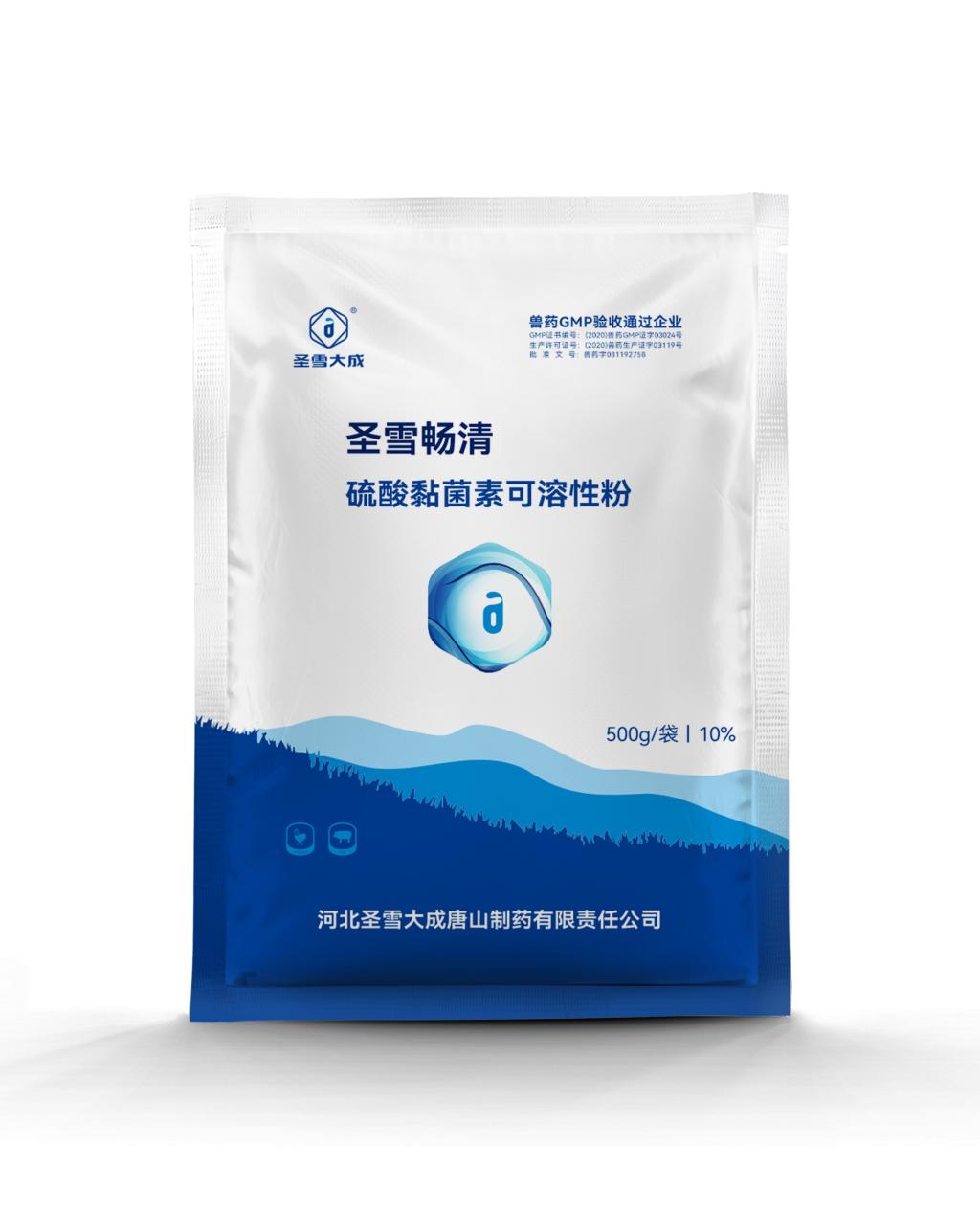
Boosting Efficacy: Colistin Sulfate Soluble Powder Insights.
TIME:2023-12-26
I. Introduction
Colistin Sulfate Soluble Powder has emerged as a cornerstone in livestock management, offering a powerful tool in combating bacterial infections. This article delves into various facets of Colistin Sulfate, exploring its mechanisms of action, applications, challenges, and strategies to enhance its efficacy in promoting animal health.
II. Understanding Colistin Sulfate
A. Mechanisms of Action
Colistin Sulfate, a polymyxin antibiotic, exerts its bactericidal effect by disrupting the cell membrane of Gram-negative bacteria. This mechanism makes it a potent weapon against infections, especially those resistant to other antibiotics.
B. Formulation and Administration
The soluble powder form of Colistin Sulfate allows for versatile administration. It can be added to drinking water or incorporated into feed, ensuring a convenient and effective means of delivery across diverse livestock farming settings.
III. Applications in Livestock Management
A. Respiratory Infections
Colistin Sulfate demonstrates high efficacy in treating respiratory infections in livestock. Its rapid action is crucial in containing the spread of diseases within confined spaces, promoting overall herd respiratory health.
B. Waterborne Pathogens
The ability to prevent and control waterborne infections by incorporating Colistin Sulfate into drinking water proves vital in safeguarding the well-being of livestock populations exposed to various environmental pathogens.
C. Enteric Infections
Colistin Sulfate plays a pivotal role in managing enteric infections, ensuring the gastrointestinal health of livestock. This, in turn, contributes to improved digestion, nutrient absorption, and overall growth.
IV. Enhancing Efficacy
A. Combination Therapy
Exploring the potential of combination therapy involving Colistin Sulfate and other antibiotics can offer synergistic effects. This approach may provide a broader spectrum of activity and reduce the risk of resistance development.
B. Precision Dosage
Adopting precision medicine principles in determining Colistin Sulfate dosage can optimize its efficacy. Tailoring doses based on factors such as the specific bacterial strain, weight of the livestock, and the severity of infection enhances the precision and effectiveness of treatment.
C. Monitoring and Surveillance
Implementing robust monitoring and surveillance programs on farms can help track the prevalence of bacterial strains and their susceptibility to Colistin Sulfate. This data-driven approach allows for timely adjustments in treatment strategies and contributes to proactive infection management.
V. Addressing Challenges
A. Antibiotic Resistance Mitigation
To address concerns regarding antibiotic resistance, strict adherence to responsible use practices is essential. This includes following prescribed dosage regimens, avoiding unnecessary prophylactic use, and incorporating alternative strategies to reduce dependence on antibiotics.
B. Gut Microbiota Preservation
Mitigating the impact of Colistin Sulfate on gut microbiota involves incorporating probiotics and prebiotics into livestock diets. This approach supports a balanced microbial environment, promoting overall digestive health and minimizing potential side effects.
C. Research and Development
Investing in research and development endeavors focused on refining Colistin Sulfate formulations and developing novel antibiotics is crucial. This ensures a continuous pipeline of effective antimicrobial solutions while mitigating concerns associated with existing antibiotics.
VI. Future Perspectives
A. Alternatives and Innovations
Continued exploration of alternative antimicrobial agents and innovative solutions, such as bacteriophages and immunotherapies, can diversify the options available for livestock infection management. This contributes to building a more resilient and sustainable approach to animal health.
B. Sustainable Farming Practices
Integrating sustainable farming practices, including improved hygiene, biosecurity measures, and optimized living conditions, can reduce the reliance on antibiotics. This holistic approach supports the overall health and well-being of livestock while minimizing the need for therapeutic interventions.
VII. Conclusion
Colistin Sulfate Soluble Powder stands as a crucial asset in the arsenal of livestock management. Maximizing its efficacy requires a multifaceted approach that encompasses responsible use, innovative strategies, and a commitment to sustainable farming practices. By addressing challenges and proactively seeking alternatives, the livestock industry can ensure the continued effectiveness of Colistin Sulfate while safeguarding animal health and meeting the evolving demands of a responsible and resilient farming future.

 CONTACT
CONTACT




